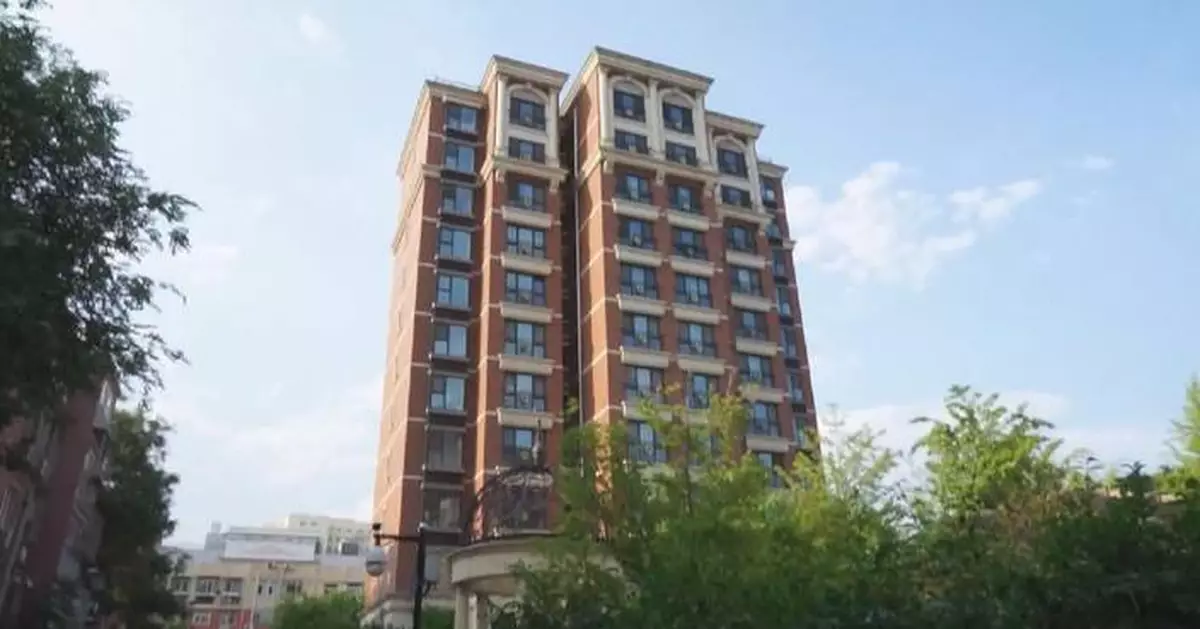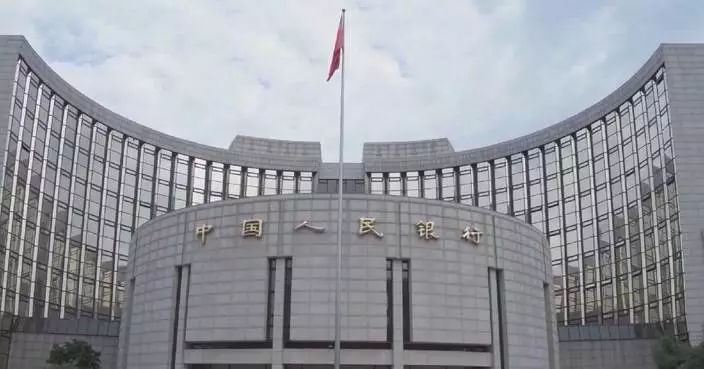The first-tier cities across China in August witnessed falling new home prices which dropped by 0.3 percent compared to July, with a 0.2 percentage points slower decline than the previous month.
Among them, Beijing, Guangzhou, and Shenzhen recorded decreases of 0.5, 0.5, and 0.8 percent, respectively, while Shanghai saw an increase of 0.6 percent.
In the second- and third-tier cities, new home prices fell by 0.7 and 0.8 percent, respectively, in August, with both figures representing a 0.1 percentage point expansion in the decline from July.
Prices for second-hand homes in the first-tier cities reduced by 0.9 percent in August, widening by 0.4 percentage points from the previous month. While in the second- and the third-tier cities, second-hand home prices fell by 1.0 and 0.9 percent.
Compared to August 2023, new home prices in the first-tier cities dropped by 4.2 percent in August, maintaining the same rate of decline as in July. In the second- and the third-tier cities, new home prices fell by 5.3 and 6.2 percent, respectively, in August, both representing larger year-on-year declines than the previous month.
In the second-hand housing market, the first-tier cities saw a 9.4 percent year-on-year price drop in August, widening by 0.6 percentage points compared to July. In the second- and the third-tier cities, second-hand home prices fell by 8.6 percent and 8.5 percent, respectively, with both showing a 0.4 percentage point increase in the rate of decline.
According to National Bureau of Statistics (NBS) on Saturday, in the first eight months of this year, China's real estate development investment decreased by 10.2 percent, with the decline rate remaining the same as in the January to July period.
The sales area of commercial housing decreased by 18 percent, with the decline narrowing by 0.6 percentage points. The sales volume of commercial housing decreased by 23.6 percent, with the decline narrowing by 0.7 percentage points. The newly started construction area of housing decreased by 22.5 percent, with the decline narrowing by 0.7 percentage points
"From these changes, we can see that the current real estate market remains in an adjustment phase. Looking ahead on future development, China's urbanization process is continuing, and efforts are intensified in building a new model of real estate development. The real estate market still has great potential and space for development. We need to continue adhering to city-specific policies, accelerate the implementation of various policies, and promote the gradual realization of a stable and healthy real estate market," said Liu Aihua, NBS spokeswoman.
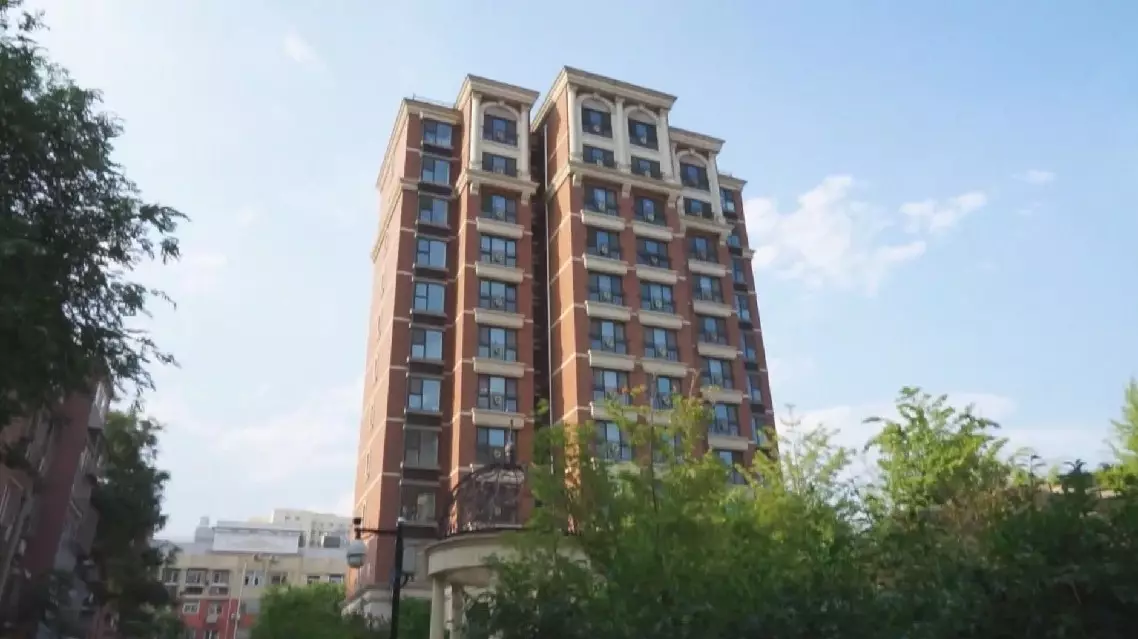
China's major cities see falling new home prices in August
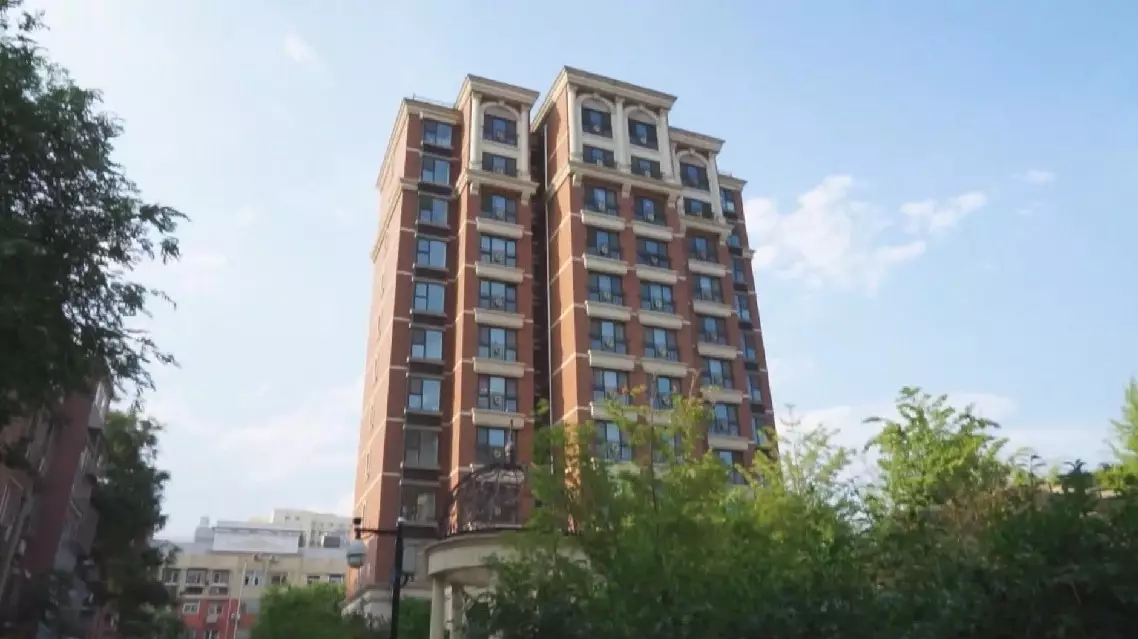
China's major cities see falling new home prices in August
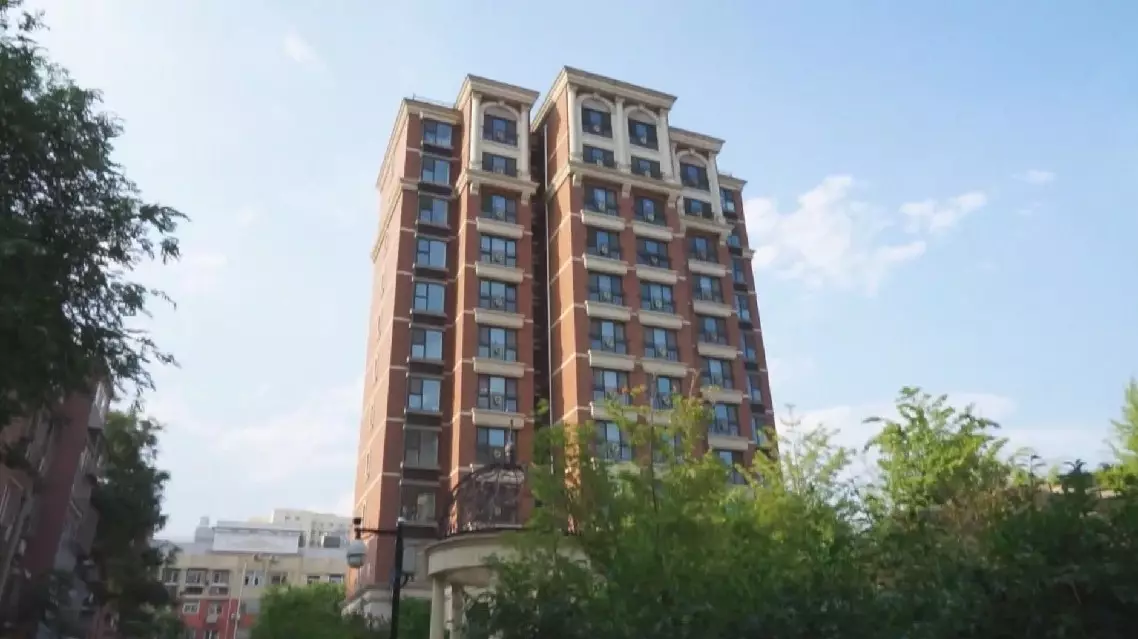
China's major cities see falling new home prices in August


